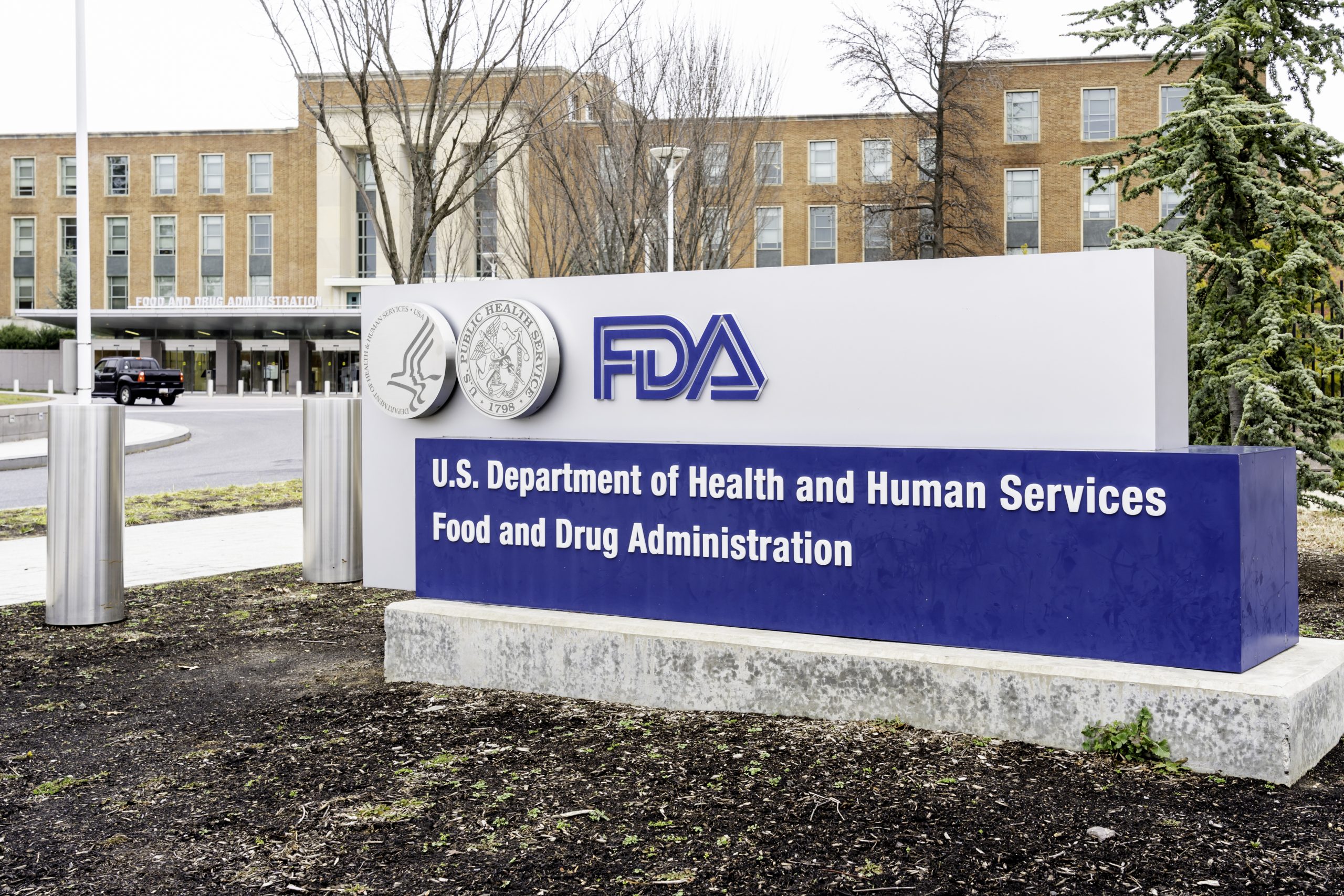On Thursday, the FDA proposed banning brominated vegetable oil, an ingredient in drinks like Gatorade and Mountain Dew, as it’s linked to potential health risks, including harm to the liver, heart, and brain.
According to reports, brominated vegetable oil is a beverage additive that prevents ingredient separation but contains bromine, found in flame retardants.
So far, major brands like Coca-Cola and Pepsi have stopped using it, but smaller brands and regional beverages like Sun Drop still include this ingredient.
In Europe and Japan, brominated vegetable oil has been banned in food and drinks.
Recently, California’s Governor Gavin Newsom signed a bill that also bans this ingredient, making it the first state to outlaw chemicals allowed by the FDA.
The FDA dubbed brominated vegetable oil unsafe after studies showed it’s toxic to the thyroid, which regulates vital functions like blood pressure and metabolism. Prior research also suggested potential harm to the liver, heart, and neurological health.
“Based on these data and the remaining unresolved safety questions, the FDA can no longer conclude that the use of BVO in food is safe,” the agency said in a release.
If the ban on brominated vegetable oil is approved, the FDA will grant beverage makers a year to reformulate or relabel their products.
Additionally, the agency is re-evaluating the potential cancer risk of red dye No. 3, included in California’s food additive ban.



